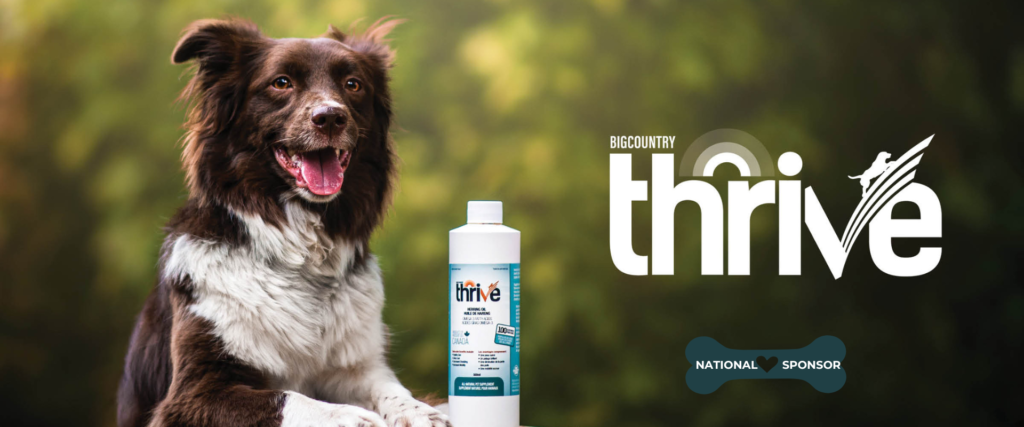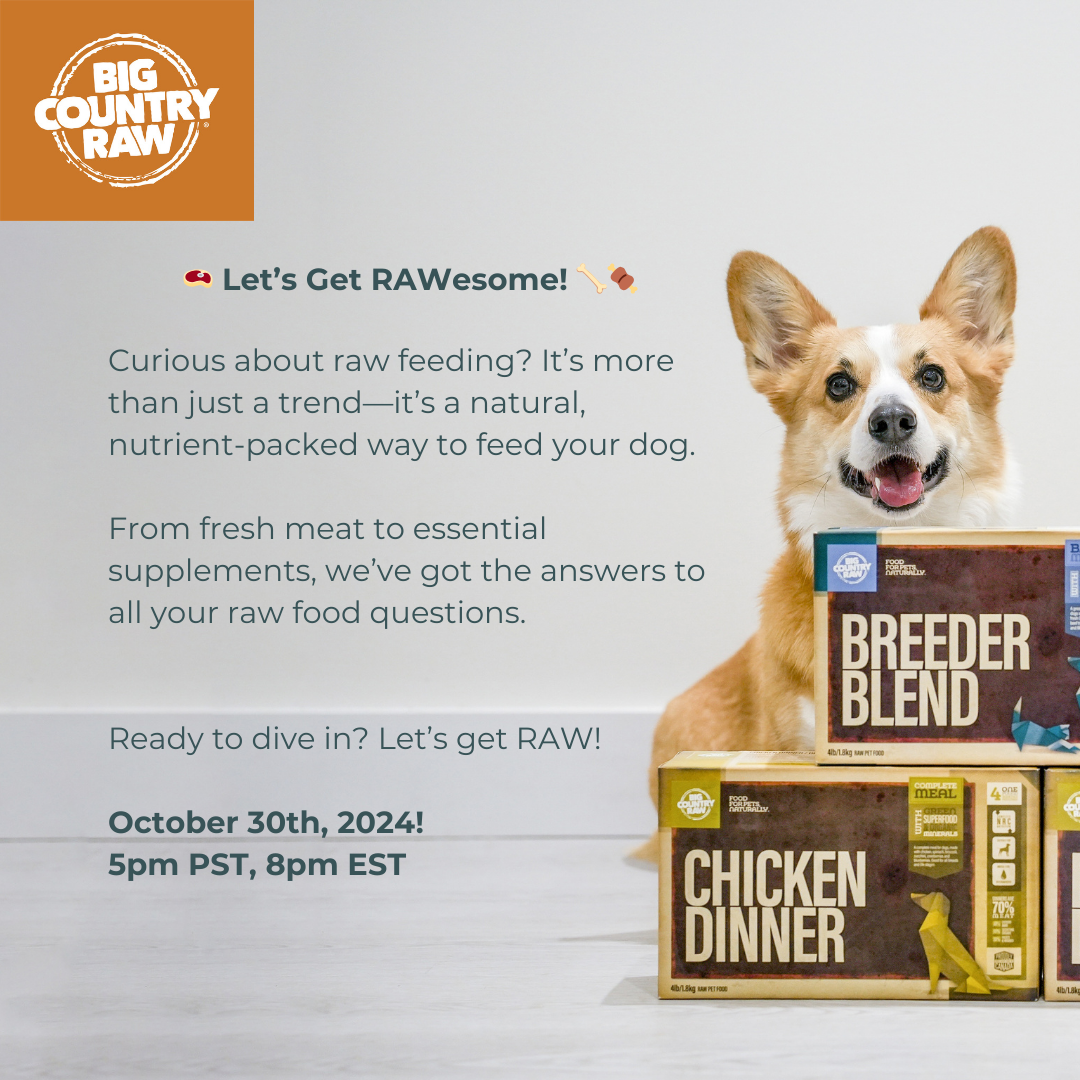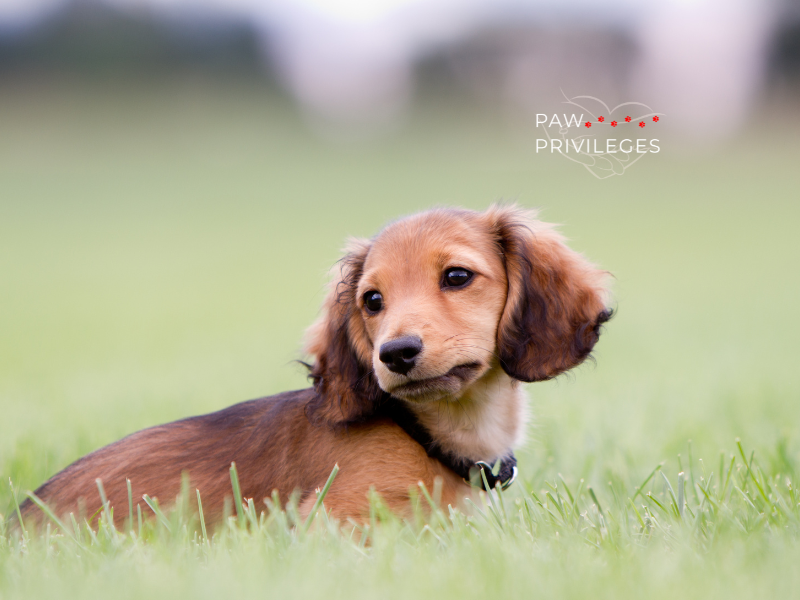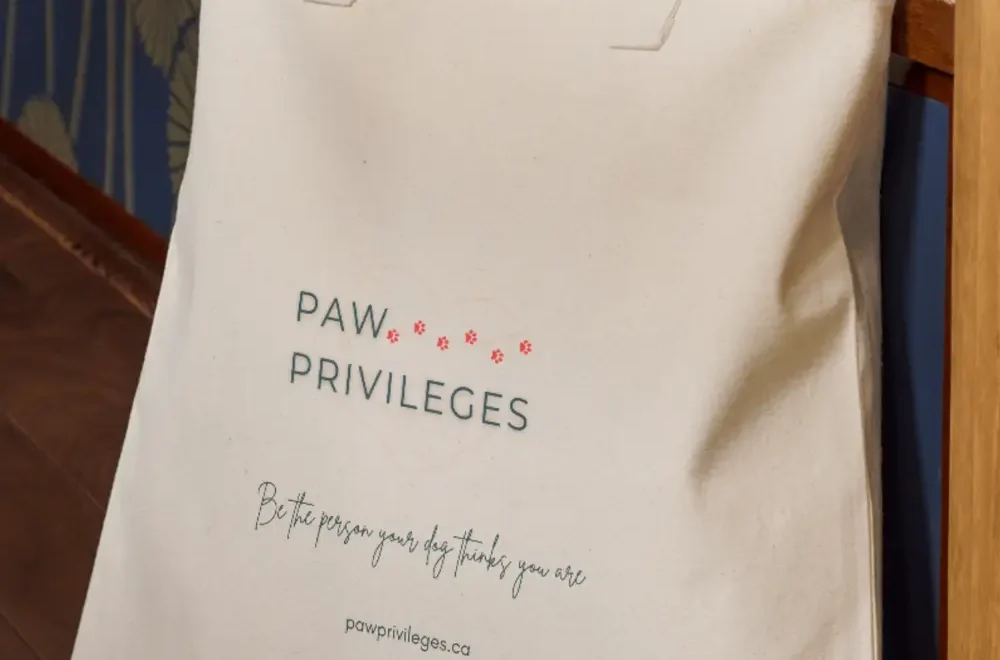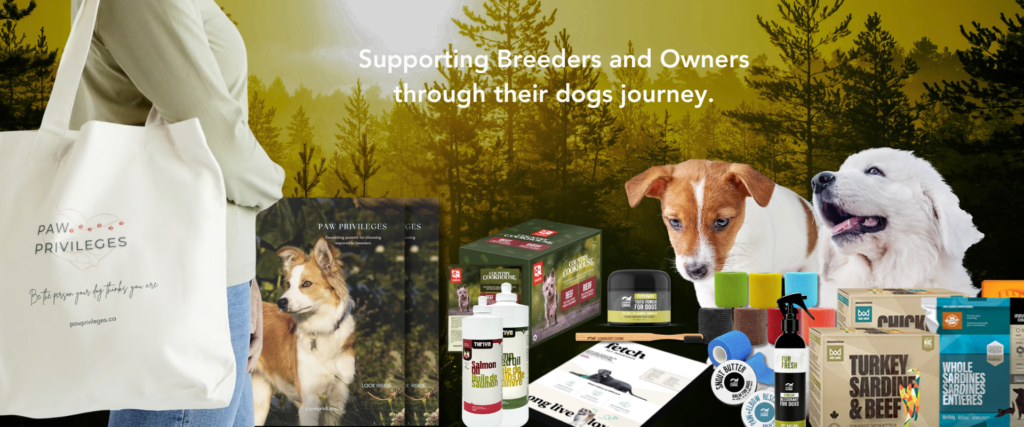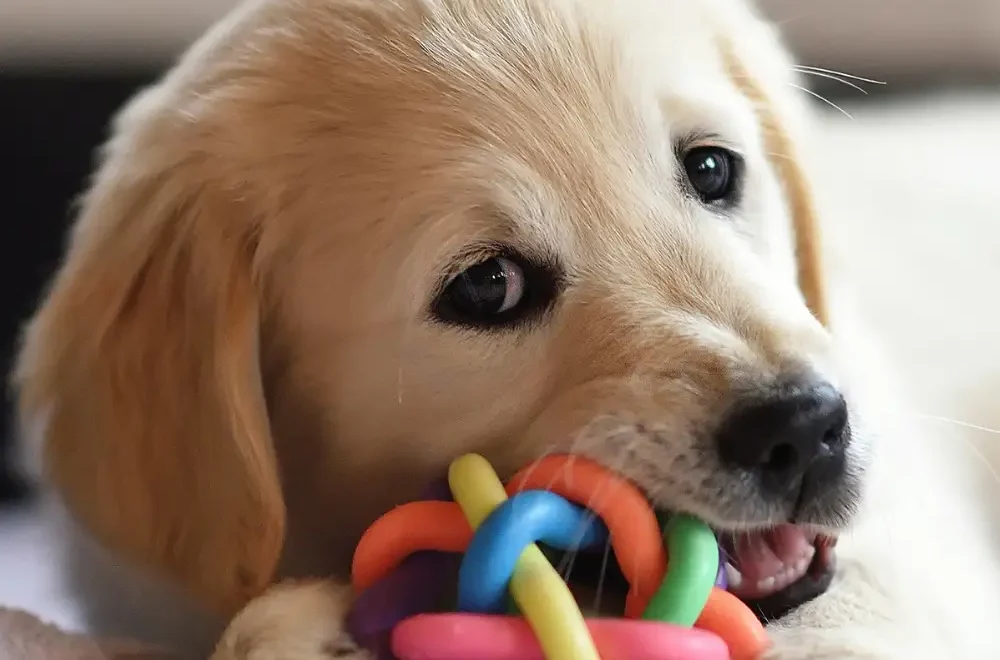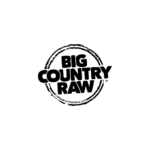What to Look for in a Responsible Breeder
What to Look for in a Responsible Breeder
What to Look for in a Responsible Breeder? Bringing a new puppy into your home is an exciting and joyful experience, but it’s important to choose a responsible breeder to ensure your new furry friend has the best start in life. Here are five key factors to look for in a responsible breeder:
1. What to Look for in a Responsible Breeder | Contracts and Breeder Assist Clauses
A responsible breeder will always provide a detailed contract outlining the terms of the sale and the responsibilities of both parties. Look for contracts that include Breeder Assist clauses, which typically include a commitment from the breeder to take the puppy back if your situation ever changes. This ensures that the breeder is dedicated to the lifelong well-being of the puppies they produce and prevents dogs from ending up in shelters.
2. Health Testing
Health testing is a non-negotiable aspect of responsible breeding. Breeders should conduct comprehensive health tests on all breeding dogs to screen for genetic diseases and conditions common in their breed. Health testing helps to minimize the risk of passing on hereditary issues to the puppies. Always ask for proof of health testing and make sure the breeder is transparent about the results. This is crucial for the long-term health and happiness of your new pet.
3. X-Rays and Breed-Specific Specialty Tests
In addition to general health testing, responsible breeders will conduct breed-specific specialty tests and X-rays. For example, hip and elbow dysplasia are common in many breeds and require X-rays to diagnose. Cardiac tests are essential for breeds prone to heart issues. These tests help ensure that breeding dogs are free from conditions that could affect their puppies. Always inquire about these tests and request to see the results.
For a list of Breed Specific tests, visit OFA, Browse By Breed | OFA
4. Temperament Development and Priority
Temperament is just as important as physical health. Responsible breeders prioritize temperament development and carefully pair dogs to produce well-balanced puppies. Look for breeders who use Puppy Culture, Early Neurological Stimulation (ENS), Volhard Testing, Early Scent Introduction (ESI), and similar programs. These methods help in raising well-adjusted puppies that are better equipped to handle various situations. Understanding the temperament of the parent dogs can give you a good idea of what to expect in your puppy.
5. What to Look for in a Responsible Breeder | Lifetime Support
A responsible breeder is committed to their puppies for life. Choose a breeder who offers lifetime support, providing guidance and assistance long after the puppy has gone to their new home. This includes advice on training, health, and general care. A breeder who stays in touch and is willing to help with any issues that arise is invaluable, ensuring that you and your puppy have a strong support system.
If you are looking for a responsible breeder, please visit responsiblebreeders.ca to find Canadian breeders who check off all the boxes!
By focusing on these key factors, you can find a responsible breeder who prioritizes the health, temperament, and lifelong support of their puppies. This ensures a positive experience for both you and your new furry family member, setting the foundation for a happy and healthy life together.
